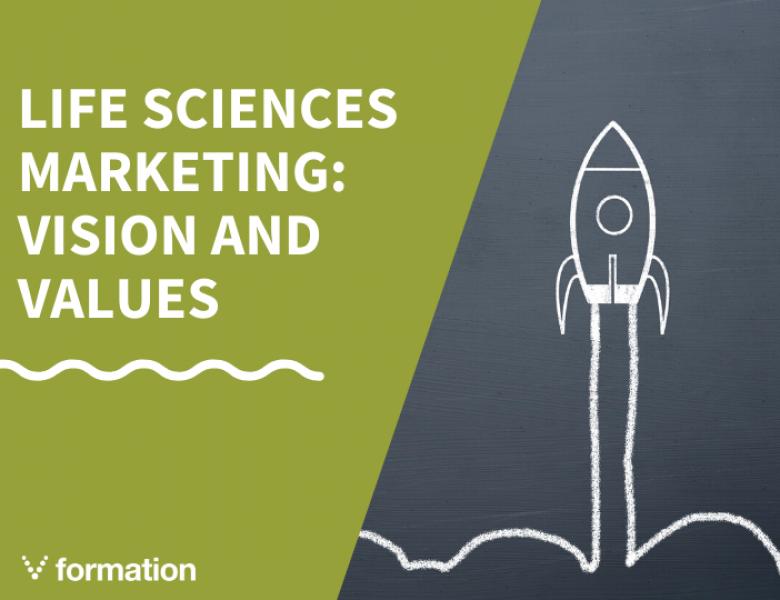The New Year often means a time for planning – but what is the difference between a marketing strategy and a marketing plan?
A well-thought-out marketing strategy – aligned with business objectives – provides focus and direction. Yet, marketing strategy is often confused with marketing planning. In this article, we explain the importance of marketing strategy, and how it differs from marketing planning.
 Marketing strategy and marketing planning support each other. A well-defined marketing strategy drives a clear and focused tactical marketing plan. Creating a marketing plan without a well-defined marketing strategy is like setting off on a journey without knowing your destination. How will you know that you’ve arrived if you don’t know where you are going?
Marketing strategy and marketing planning support each other. A well-defined marketing strategy drives a clear and focused tactical marketing plan. Creating a marketing plan without a well-defined marketing strategy is like setting off on a journey without knowing your destination. How will you know that you’ve arrived if you don’t know where you are going?
Likewise, developing a marketing strategy and then not creating a plan is like planning the route, but not filling the tank with any fuel – you know where you’re going, but you’ve not got the fuel to get you there.
What is marketing strategy?
Marketing strategy is basically a “road map” to help support and achieve specific business objectives. It provides vision and direction for the whole organisation.
Generally, a marketing strategy is a medium to long-term plan, with clear objectives. It is likely that it will not be updated annually, but only when there is a major change that impacts the business.
The most successful marketing strategies are developed following an audit of your business and the industry you operate in. This review process allows you to identify strengths, weaknesses, opportunities and threats, which can be considered when creating the strategy.
What are the benefits of having a marketing strategy?
A well-thought-out marketing strategy, that is linked to the overall business objectives:
- Provides you with clarity around strengths, weaknesses, opportunities and threats – if you don’t know what’s really happening in your business and industry how can you adapt and grow?
- Provides focus and direction – definite objectives enable you to measure what is working and what isn’t
- Saves time and money – a coherent strategy will allow you to focus on the marketing activities that are more likely to deliver results and achieve your objectives
- Helps to differentiate you from your competitors – identifying and leveraging your unique differences will ensure you stand out
- Engages and motivates employees – a clear vision and purpose to help employees understand how they can help the business achieve its goals
- Serves as a foundation for all your marketing activity – all your tactical marketing activity should be driven by the marketing strategy and focused on achieving your business objectives
- Should be easy to understand and implement
What’s the difference between a marketing strategy and a marketing plan?
Marketing planning usually happens once the marketing strategy has been developed. It’s a tactical ‘to-do’ list of short and medium-term marketing activities. A plan will have specific deadlines, budgets and objectives, all of which are focused on achieving the over-arching objectives set out in the marketing strategy.
A marketing plan is generally reviewed and updated regularly (at least annually), allowing you to adapt your tactical approach based on the competitive environment and the results of previous marketing activities.
To achieve your business objectives, it’s vital to have a well-defined marketing strategy that is easy to understand and implement. This marketing strategy then provides the direction for a clear and focused tactical marketing plan.
Want to know how to effectively plan an effective and proactive PR plan? Click here to discover our tactical tools and tips.
The V Formation team are on-hand to help you create marketing strategies and plans that deliver results. If you think your strategy needs a review or you’re starting from scratch, get in touch for an informal chat.



